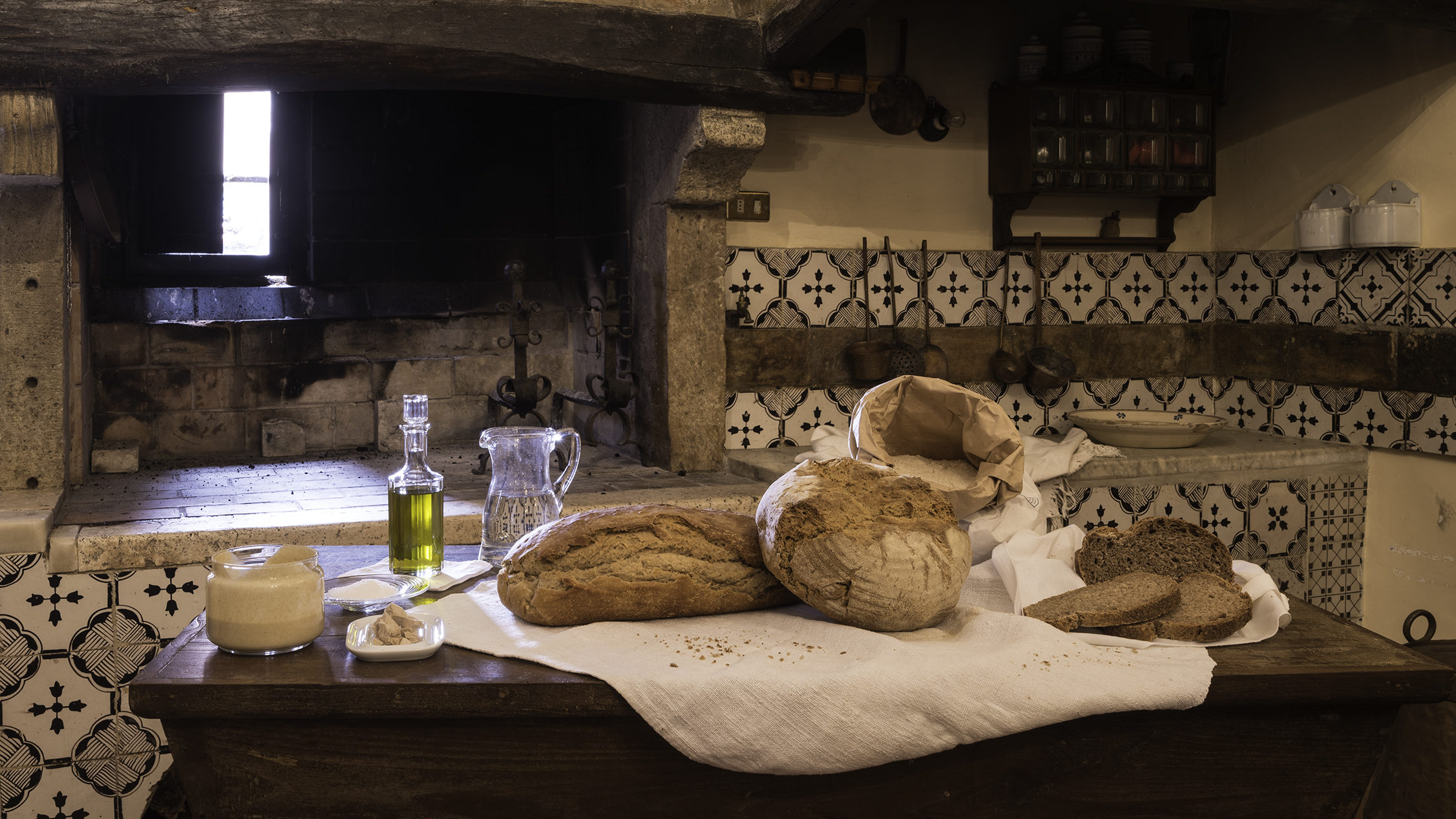Organic cultivation is particularly suitable for ancient grains: why?
• The varieties of ancient wheat are particularly rustic, that is, adapted to survive in hostile, nutrients and water-poor conditions because selected during a period when agriculture was not yet intensive and supported by the unbridled use of chemical fertilizers, pesticides and irrigation systems. This characteristic allows them to cultivate areas defined as “marginal”, where modern varieties would struggle or require high economic effort.
• Given the strength of ancient grains, these varieties are particularly suitable for cultivation under organic conditions, where the use of non-natural chemical fertilizers is absolutely forbidden, thus protecting the environment. Fertilizers, among other things, not even necessary because they extract micronutrients from the soil by very deep roots.
• We all know that the diversity of the diet is of fundamental importance for human health. On average 60% of our calories come from wheat, rice and maize; for this reason it is important to alternate the use of the varieties of these three plant species and therefore get used to buying flours and products derived from the use of ancient grains that guarantee a real variety in the diet.
• Protect biodiversity.
The term “organic farming” refers to a method of cultivation that only allows the use of natural substances, ie present in nature, excluding the use of chemical synthesis substances (fertilizers, herbicides, insecticides). Organic farming means developing a production model that avoids the over-exploitation of natural resources, especially soil, water and air, using these resources instead within a development model that can last over time.
Deepening:
How to grow organic
